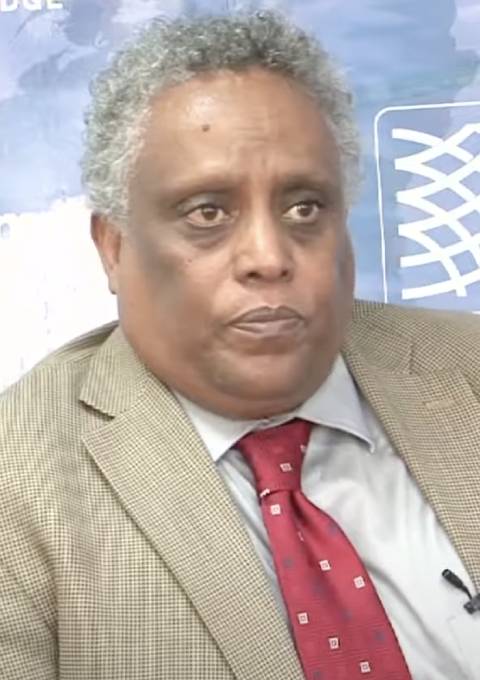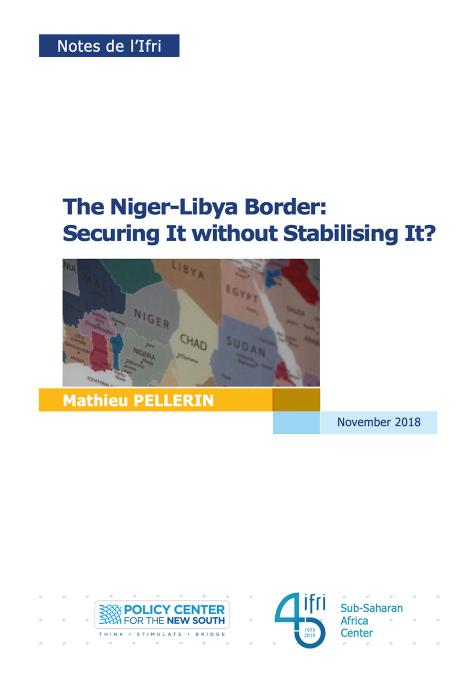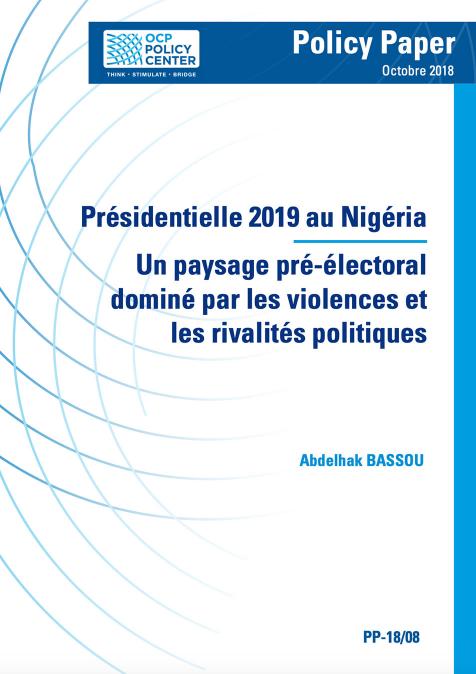This workshop falls within UNECA’s contribution to “Silencing the Guns: Creating Conducive Conditions for Africa’s Development”. The overall objective of the workshop is to provide an overview of the principles that embody the human security approach and elaborate on the usage of human security as a tool for developing effective policies and programmes by Governments and nongovernmental entities, as well as regional and sub-regional intergovernmental institutions towards the achievement of Agenda 2063 and the SDGs. The specific objectives of the workshop are: • Probe human security concepts, practices and methodologies; • Identify the relevance and significance of developing an African perspective on human security; • Explore the nexus of economic security, peace, and human security; • Leverage an AU – ECA human security approach aligned with AU Agenda 2063 and UN 2030 Agenda; • And develop the set of recommendations that will form the way forward on the efforts of developing a methodology. WORKSHOP 1: Human Security Index in Africa Speakers : Jalal Abdel-latif, Senior Fellow, Policy Center for the New South (PCNS), Framing Human Security in Africa : Sara Hasnaa Mokaddem, International Relations Specialist, Policy Center for the New South (PCNS) Approaches and Options in Designing the AHSI: Eleanor Keeble, Fellow, Overseas Development Institute (ODI) Challenges of the AHSI construction: Saad Badaoui, Senior data scientist, Policy Center for the New South (PCNS)






